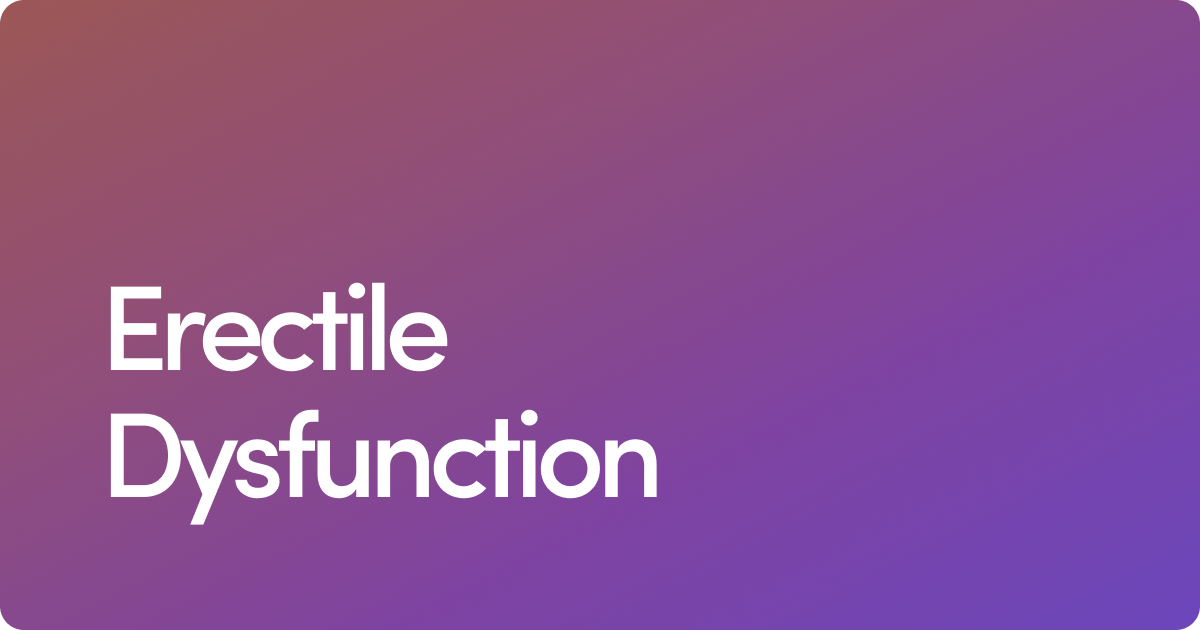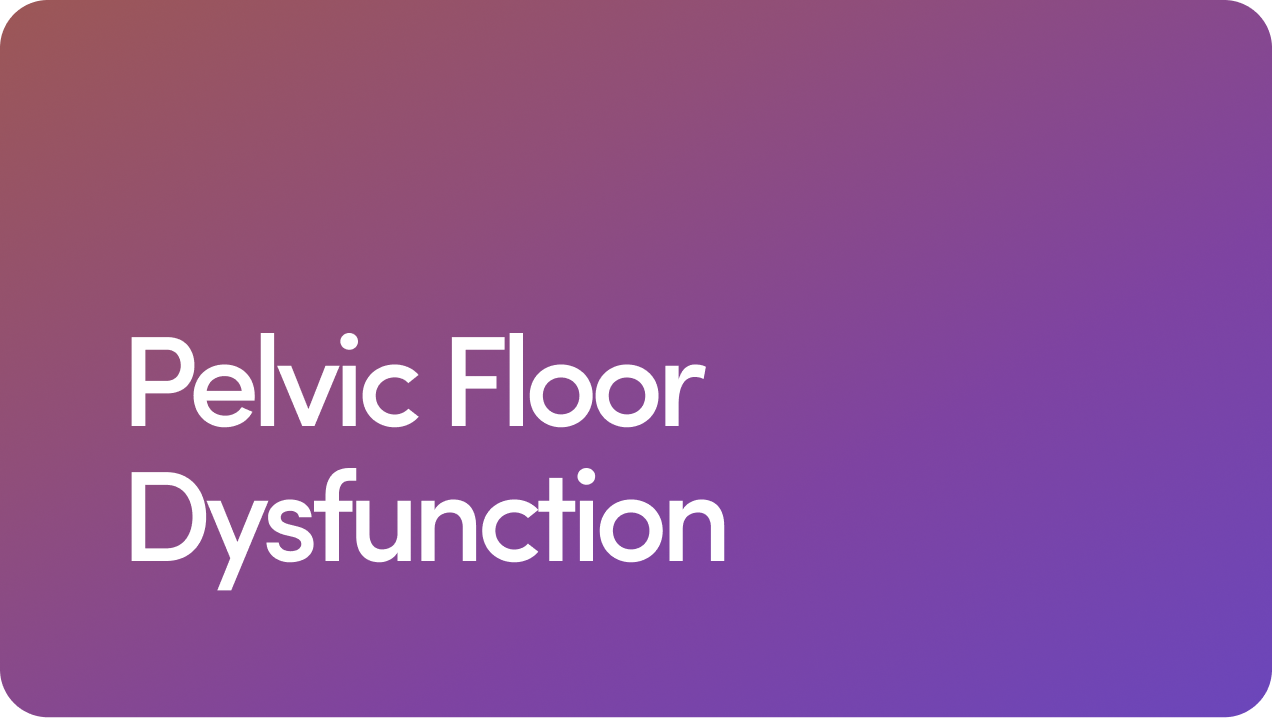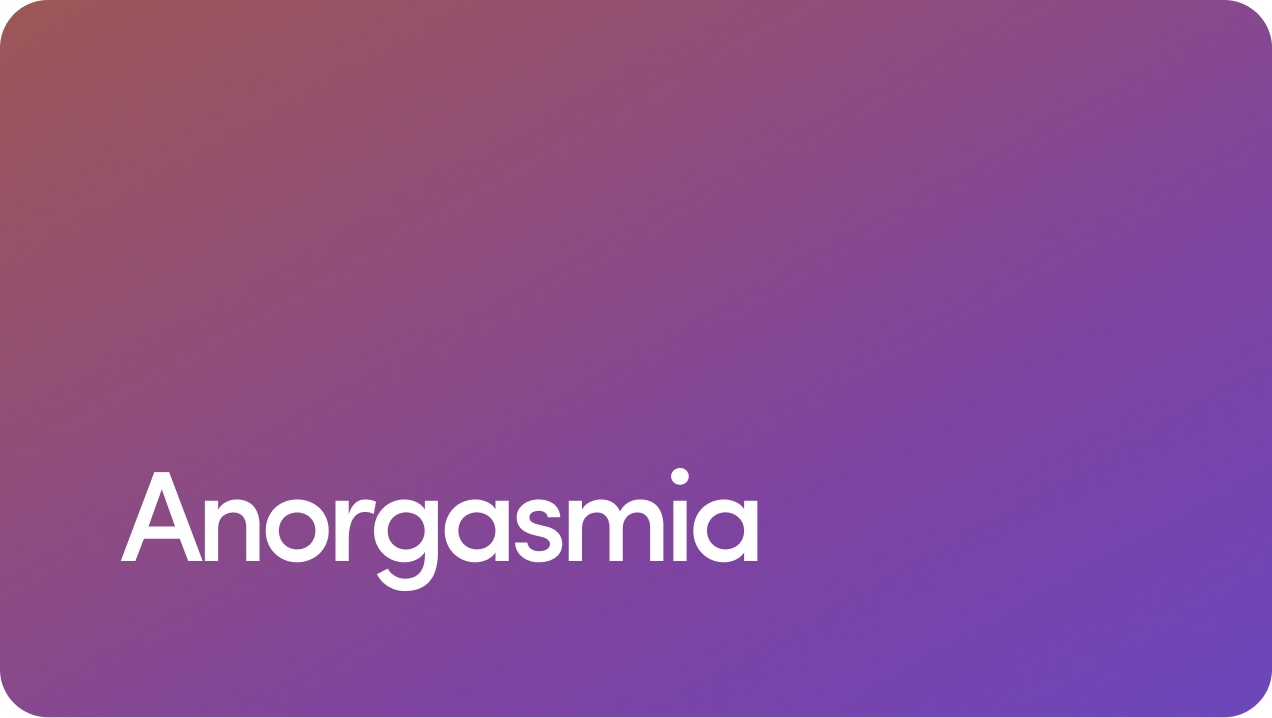Content
Increase testosterone and boost sex drive
How TRT Improved My Sex Drive

Testosterone replacement therapy (TRT) can significantly improve a man’s sex drive if he’s struggling with low testosterone, a common cause of low libido. But it’s important to be aware of the side effects associated with this treatment and what other options are available for restoring hormone balance and sex drive.
Below, learn how TRT can affect libido, what other benefits men with low T can expect from TRT, and how to decide if testosterone therapy is right for you.
Content
Anthony had always been confident, especially when it came to his marriage to Natalia. But something had changed over the past year: He felt run down and depleted, both physically and mentally. He never wanted to go to the gym, he had brain fog at work, and, even worse, he didn’t feel like having sex anymore. He was only 45, but his libido was almost nonexistent, and when he did try to be intimate, he felt like he was forcing himself to perform.
It wasn’t that he didn’t love Natalia anymore. And he definitely still found her attractive. He just never felt “in the mood”—and Natalia noticed.
After much hesitation, Anthony finally found the courage to speak with his doctor about his concerns regarding his sex life. The doctor asked a few questions during the appointment and took a blood sample. Just a few days later, the results came back: Anthony had low testosterone levels. His doctor prescribed TRT to help address the issue.
The doctor told him it could take up to six weeks to work, but three weeks in, Anthony could already see the difference in his sex drive—and Natalia could as well. Not only was he thinking about sex more and initiating it again, but he had more energy and clearer focus, too. Just when he was worried that he would have to live the rest of his life feeling sexually frustrated, his desire was back, and he felt like himself again.
Testosterone is the primary male sex hormone, and it has some big responsibilities, like developing your reproductive organs and deepening your voice during puberty. It also helps to regulate your sex drive. It also plays a key role in many essential but often overlooked processes, like supporting muscle growth, maintaining bone strength, and balancing mood.
When your levels of the hormone dip lower than they should, you could experience a number of the same symptoms as Anthony, like fatigue, brain fog, low sex drive, and more.
One treatment your doctor may recommend is testosterone replacement therapy (TRT). The goal of this treatment is to restore testosterone to normal levels by supplying the body with testosterone. This approach has been shown to improve sexual function in men with low testosterone levels. Low T is often called hypogonadism, and it occurs when the testicles don't produce enough testosterone.
In a 2024 study of more than 5,000 middle-aged and older men with low testosterone, TRT significantly improved sexual activity compared to placebo, and this improvement was maintained at 24 months. Notably, though TRT improved sexual desire and other hypogonadal symptoms, it did not improve erectile dysfunction (ED), another common symptom of low testosterone.
Other research has shown that restoring normal testosterone levels with TRT can improve libido and erectile function, but mostly in hypogonadal men with mild ED who don’t respond to a class of medications called PDE5 inhibitors, which include options like Viagra® and Cialis®. However, the test results noted that TRT may not work as well in men with moderate or severe ED.
How Can TRT Improve Low Sex Drive?
To understand how testosterone treatment improves sexual dysfunction, you have to know how the complex physiological pathways of how experts think sexual desire works.
Studies show that sexual desire relies on intricate brain processes, influenced by androgen hormones like testosterone. The brain has special regions with receptors for these hormones, especially in places like the hypothalamus, amygdala, and parts of the frontal and temporal lobes. The hypothalamus and limbic system are the main regions involved in regulating sexual desire, and they house the most androgen receptors. These areas can also produce some of the hormones themselves. In addition to hormones like testosterone, brain chemicals like dopamine and serotonin also play an important role in different parts of sexual desire and response.
Testosterone replacement therapy uses bioidentical or synthetic versions of the steroid hormone to increase circulating testosterone levels. Whether you use testosterone gel, patches, injections, oral testosterone, or some other formulation, testosterone therapy supports the neuroendocrine systems—including brain and hormone interactions—that play a key role in regulating your sexual desire, mood, and energy levels.
According to Peter J. Stahl, MD, SVP of Men’s Sexual Health & Urology at Hims & Hers, the effects of testosterone therapy on different aspects of health typically follows a predictable time course. “Increases in sexual desire and mood changes can start to happen as early as three to eight weeks into treatment,” he says. “Improvements in erections and ejaculations tend to take a little longer, starting about two to three months into treatment and peaking sometime in the following several months.”
When it comes to upleveling other components of health well-being as a result of TRT, you may have to wait even longer. “It can take three to 12 months to see improvements in metabolic health biomarkers like hemoglobin A1C, which is a marker for diabetes and prediabetes,” says Dr. Stahl. “The positive impact of testosterone therapy on muscular strength and body composition typically takes at least six to 12 months to become evident.”
Other Benefits of TRT
Regulating your levels of testosterone can be great for more than just your sex drive. Other studied benefits of TRT for certain people with low T include:
More energy
Better sexual performance
Increased bone mineral density
More lean muscle mass and increased strength
Improved mood
Higher quality of life
Risks and Side Effects of TRT
If you’re planning on having a child, you should know that long-term TRT may reduce your sperm count and cause infertility, according to research.
Other potential risks and side effects of TRT include:
Redness and swelling if you use topical TRT, patches, injections, or pellets
Acne
Fluid retention
Breast enlargement
Increase in prostate size
Worsened sleep apnea
Risk of exposing partners or children to the active ingredient (for topical formulations)
Some research has linked TRT to an increased risk of heart problems, such as high blood pressure, blood clots, or heart attacks, particularly in men with existing cardiovascular conditions. That said, more recent studies have found no clear link between testosterone therapy and major heart events. As a result, the DUnited States Food and Drug Administration (FDA) has removed its previous cardiovascular risk warning from testosterone product labels. However, the FDA still requires a warning that testosterone may raise blood pressure.
Am I a Good Candidate for TRT?
While it’s one of the most common treatments for low testosterone, you may not be a good candidate for TRT if:
You’re trying to conceive
You have an untreated heart problem
You have sleep apnea
You have elevated red blood cell counts
You have a history of prostate or breast cancer
You also shouldn’t use TRT solely to beef up at the gym or improve athletic performance. People who use anabolic steroids for non-medical purposes, such as performance enhancement and bodybuilding, often take doses far beyond what’s prescribed for health conditions.
Furthermore, TRT is a regulated medical treatment that requires a prescription and supervision by a healthcare provider. Other anabolic steroids sold online without a prescription may not be safe to use; it’s medically recommended to avoid them entirely.
TRT may be a common treatment for low T, but it’s not your only option.
Other Medications for Improving Sex Drive
Your provider may recommend another prescription medication, such as clomiphene (Clomid®) or enclomiphene, which help your body make more of its own testosterone by boosting your levels of LH and FSH hormones. Aromatase inhibitors like anastrozole (Arimidex®) work similarly. These medications are used off-label to increase testosterone.
Alternatively, your provider may suggest treating common symptoms of low T, like erectile dysfunction, with ED medication like sildenafil (Viagra) or tadalafil (Cialis).
Hims also offers access to other sexual health products like our 2-in-1 medication that targets ED and supports testosterone production, Sex Rx + Testosterone Support. The prescription medication contains tadalafil for better erections, along with zinc and L-arginine for testosterone support and improved blood flow.
Healthy Lifestyle Habits to Support Testosterone
Hormone health is related to whole-body health. Your healthcare provider may suggest you work these habits into your routine in order to naturally support your testosterone production:
Exercise regularly
Eat a well-rounded, nutritious diet
Lower your stress levels
Don’t skimp on sleep
Watch your drinking
Stop smoking
Lose weight
Close nutritional gaps with supplements
Other Potential Causes of Low Libido
While the culprit behind Anthony’s low libido was low testosterone, that wasn’t the only possibility. Be sure to discuss your symptoms and medical history with your healthcare provider to rule out other potential causes of low libido:
Other hormonal imbalances. Increased levels of estrogen and prolactin, and decreased levels of dihydrotestosterone (DHT) can negatively impact your sex drive.
Obesity. Obesity is associated with poor sexual functioning—not only because it contributes to low testosterone levels and erectile dysfunction, but also due to physical limitations of excess weight gain and psychological factors that can reduce sexual desire.
Stress. According to the American Psychological Association (APA), excess amounts of cortisol (the stress hormone) can impact normal hormonal functioning of the male reproductive system, leading to low sexual desire, ED, and even low fertility.
Medication. Certain medications, like antidepressants and high blood pressure drugs, have been linked to low libido.
Cardiovascular disease (CVD). Common complaints of men with CVD include reduced sexual desire and difficulty achieving and maintaining an erection. Some men with cardiovascular disease may also have trouble reaching orgasm.
Premature ejaculation. Other forms of sexual dysfunction, like premature ejaculation (PE), may contribute to low sex drive as sex becomes a source of stress and anxiety.
A Final Word on TRT and Sex Drive
If you’re dealing with low T, your sex life may take a hit. Is TRT the answer? Here’s what we know:
TRT can restore libido for some. Testosterone replacement therapy can increase sex drive for some men with low T.
It has other benefits besides better sex. In addition to boosting libido, TRT can offer other health benefits, such as increased energy, improved mood, enhanced muscle mass, and weight loss in men with hypogonadism (low T).
Know the risks involved. While TRT is an effective treatment for some, it’s important to consider potential side effects, such as fertility problems. Alternative hormone therapies are available.
Before you start a regimen of TRT, it’s important to first consult a provider who can help you assess whether TRT is right for you.
Have questions about TRT or low libido? Get advice from a healthcare professional to learn more about what treatments are available.
5 Sources
- Bilal AH, et al. (2020). Cognitive Behavioral Sex Therapy: An Emerging Treatment Option for Nonorganic Erectile Dysfunction in Young Men: A Feasibility Pilot Study. https://pmc.ncbi.nlm.nih.gov/articles/PMC7471093/
- Higgins AG, et al. (2010). Antidepressant-associated sexual dysfunction: impact, effects, and treatment. https://pmc.ncbi.nlm.nih.gov/articles/PMC3108697/
- Rasmussen, AN, et al. (2023). Sexual health and serotonin 4 receptor brain binding in unmedicated patients with depression—a NeuroPharm study. https://www.nature.com/articles/s41398-023-02551-x
- Thakurdesai AB, et al. (2018). A prospective study on sexual dysfunctions in depressed males and the response to treatment. https://pmc.ncbi.nlm.nih.gov/articles/PMC6278224
- Yasin WA, et al. (2019). Does Bupropion Impact More than Mood? A Case Report and Review of the Literature. https://pmc.ncbi.nlm.nih.gov/articles/PMC6529042
Editorial Standards
Hims & Hers has strict sourcing guidelines to ensure our content is accurate and current. We rely on peer-reviewed studies, academic research institutions, and medical associations. We strive to use primary sources and refrain from using tertiary references. See a mistake? Let us know at [email protected]!
This article is for informational purposes only and does not constitute medical advice. The information contained herein is not a substitute for and should never be relied upon for professional medical advice. Always talk to your doctor about the risks and benefits of any treatment. Learn more about our editorial standards here.
Felix Gussone, MD
Education
Doctor of Medicine - Ludwig-Maximilians-University, 2014
Other Certificates & Certifications
Board Certified Medical Affairs Specialist - Accreditation Council for Medical Affairs, 2024
Specialties & Areas of Focus
General Practice
Previous Work Experience
Manager, Medical Content & Education - Ro, 2021–2024
Senior Health Editor - Medium, 2019–2021
Associate Medical Producer - NBC News, 2015–2019
Production Assistant - CNN, 2015
Media Mentions & Features
Dr. Gussone has contributed widely to consumer health news media, including NBC News TODAY and NBC Nightly News, and has written about his own weight loss journey for CNN.
Why I Practice Medicine
Dr. Gussone discovered his passion for creating medical content and educating the public about health while working with CNN’s Dr. Sanjay Gupta. He realized that the media could deliver essential health information to millions, surpassing the reach of one-on-one care in a clinical setting.
Hobbies & Interests
Scuba diving, traveling, cinema, and perfume making
Related Conditions
 Erectile Dysfunction
Erectile Dysfunction
 Premature Ejaculation
Premature Ejaculation
 Low Testosterone
Low Testosterone
 Retrograde Ejaculation
Retrograde Ejaculation
 Pelvic Floor Dysfunction
Pelvic Floor Dysfunction
 Anorgasmia
Anorgasmia